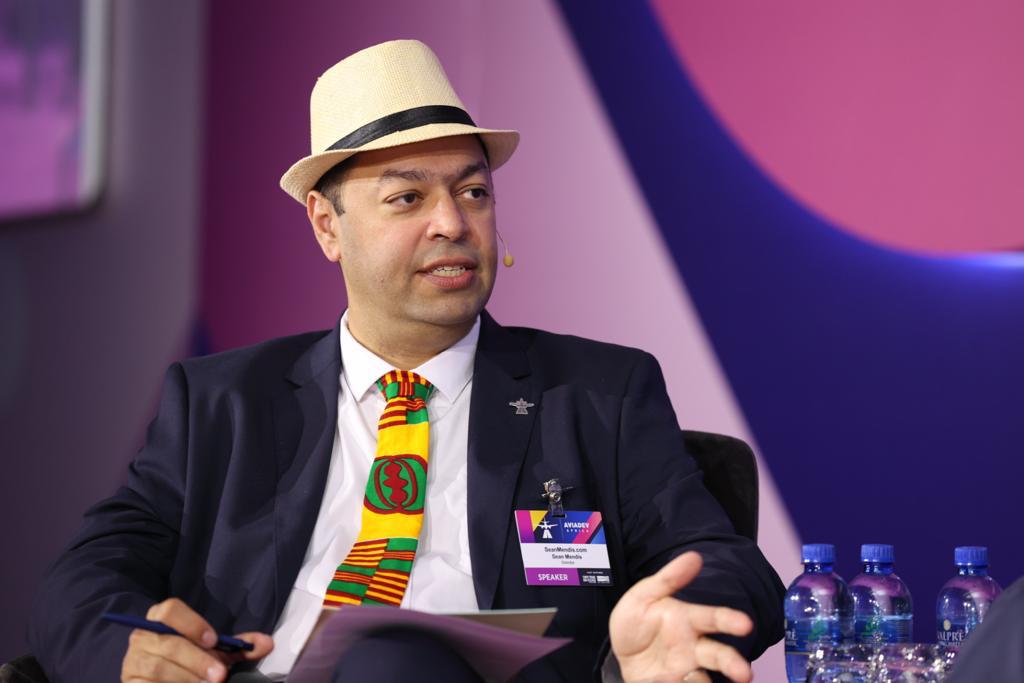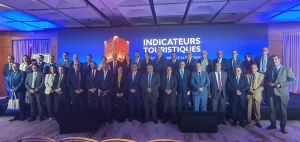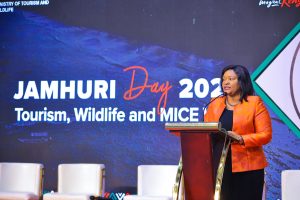Africa has 54 countries of diverse cultures, yet all are united by a passion for football. As the 2022 FIFA World Cup in Qatar draws closer, many Africans are planning trips to support their favourite teams in the contest. Yet ironically it may be cheaper and easier for African travelers to travel to Qatar than it is to travel within their own continent.
In football, it is exceedingly difficult to prevail in a match if you score an own goal. To extend that analogy to aviation, it is equally challenging for African airlines to prevail in the aviation business if their governments and regulators keep scoring own goals. A number of issues plaguing African aviation recently are self-inflicted wounds caused by poor policymaking and implementation.
It is essential for nations trying to develop an industry to have a clear and coherent vision of what they are seeking to achieve. In the case of aviation, the majority of African states have signed up to the Single African Air Transport Market (SAATM) as that objective. However, despite the shared vision, the implementation of SAATM has varied significantly across different jurisdictions. Several countries choose to pay lip service to SAATM, making it difficult for foreign airlines to operate there while boosting their own national champions. SAATM cannot be treated like a buffet where countries help themselves to all the juicy meats, while leaving just stale rice for their brothers.
Other countries, despite embracing most of the principles of SAATM, handicap their own aviation sectors by bending their own rules to protect struggling national airlines. South Africa went nearly 12 months without constituting the key International Air Service Council that allocates rights to fly international routes, supposedly because the Government wished to protect the squatters’ rights of the bankrupt state-owned South African Airways (SAA) at the expense of private operators. As a result, multiple routes were left without any competitors to the foreign airlines operating until SAA was ready to restart their operations.
Accessibility of foreign exchange to repatriate funds from ticket sales is another area where governments fail to meet the treaty obligations they assume when they sign Bilateral Air Service Agreements. The International Air Transport Association (IATA) estimates nearly $1 billion of funds are being held captive in various African countries, notably in Nigeria, Zimbabwe, Algeria, and Ethiopia. The situation in Nigeria reached a breaking point recently when Emirates suspended all flights there for a 10-day period, until the Central Bank of Nigeria was able to release $265 million of foreign exchange to airlines.
On a more practical level, artificial impediments like visa restrictions also wind up depressing intra-African travel. On average, African citizens require visas to visit 60% of their continental neighbors – in contrast to visa-free blocs in Europe, South America, and parts of Asia. The latest consequence of these policies was seen when Air Peace of Nigeria was forced to suspend its flights to Johannesburg, citing the constant delays in visa issuance by South African authorities as a contributing factor. Despite increased tourism demand in a post-pandemic environment, these kinds of restrictions wind up reducing the actual number of African citizens who can travel.
As football fever is about to grip the continent again, one can only hope that the five African teams taking part in Qatar put up a better performance than their governments, who have constantly been caught off-side with regards to aviation and tourism policy.
Author: Sean Mendis
Sean Mendis has two decades of experience in senior management roles within the aviation sector in Africa. He is presently based in Malawi, where he offers executive-level consulting and intelligence to aviation stakeholders.
This article was first published in the October 2022 Issue of VoyagesAfriq Travel Magazine







